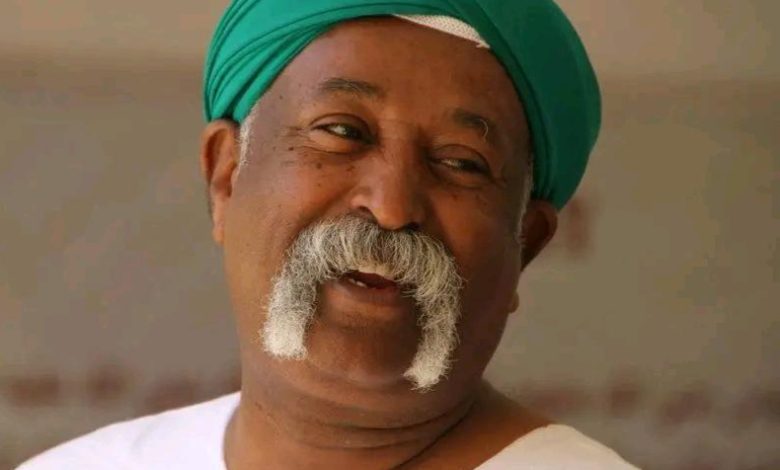
By Ali Mahdi
I return to the corridors, entering and writing,
I open the doors of memory, and remember—though it is a laborious process. The first time I brought it out was from Cairo, back when I was the Secretary-General of the General Union of Arab Artists, heading towards Beirut—a city of known beauty and other reckonings.
Yes, I was invited by the Francophones, with whom I share a deep love and affection for Paris. This was my best reason to accept the invitation from the late Secretary-General, Dr. Boutros Boutros-Ghali, who hails from my people, the Copts of Egypt. I know them, and my father—may God sanctify his secret—taught me to love them. My father, a man with wide-ranging connections, often welcomed guests to our grand family home, the “Saray of Wad Nubawi,” near the stream passing through Al-Masalma, an elegant neighborhood with the most beautiful people.
That is another story, but from there, I began my journey around the world with performing arts. I promised to write about my performances, which began with my work as an actor, then evolved into my experiences and my most significant project: Theater in Conflict Zones.
As a creator, writer, trainer, and performer, I’ve entered circles that I helped establish regionally and internationally. My first external performance was in Algiers in the early 1970s while I was a student at the Institute of Music, Theater, and Folk Arts. That was its name, and that is another story. The script for the performance was written by Dr. Yousif Eidabi, the institute’s founder—a tale I will document as part of my efforts to preserve the history of performing arts.
We introduced new concepts and laid foundations for innovative approaches, which I later referred to as “Formation in Ritual.” I will write about these pioneering initiatives in future reflections as I continue to record impactful moments in shaping the broader theatrical scene.
In Algeria, during the first Arab Youth Festival featuring arts, sports, and intellectual dialogues, we presented The Sparrow and the Actors. This play was written by Dr. Yousif Eidabi and directed by the late master director Fath Al-Rahman Abdelaziz. The cast included Tahia Zaroug, Nasser Al-Sheikh, Dafallah Ahmed Al-Bashir, Shauqi Azaldeen, and the late Yahya Al-Hajj. I was among them as an actor in my second year of study.
This marked the first Sudanese theatrical performance at an Arab arts festival and the first to be performed abroad—a truth that brings me joy as I step through the doors of history. Years later, these beginnings paved the way for further milestones. For instance, the first Sudanese theatrical performance on a European stage was The Doum Tree of Wad Hamid, adapted and directed by Professor Saad Yousif based on the works of Tayeb Salih—may God bless his soul.
Produced by the National Theater (Al-Bugaa Theater), this milestone occurred while I was overseeing artistic arrangements for one of the world’s largest cultural programs, Kingdoms Along the Nile. This grand national cultural and historical project took place at the Arab World Institute in Paris, near the Seine River. It included exhibitions of Sudanese artifacts, some from the National Museum and others from European museums.
Renowned actors participated, including the late Mohamed Khairy Ahmed, Yaseen Abdelkader, Essa Tirab, Professor Othman Gamal El-Din, and others like Musa El-Ameer, Tayyib Sharaawi, and Khalifa Hassan Bella. I was among them, both as an actor and a producer. This performance stands out as the first Sudanese theatrical show in Europe—a source of great pride.
Later came my foundational production of Salman Zaghrat, the Master of Sinnar, performed with the National Theater’s team in Paris.
From there, the doors of theaters opened—from New York to Manila. My first play, deeply inspired by The Book of Al-Tabaqat by Wad Daifallah and shaped by months of collaborative discussions with the late Othman Gamal El-Din, laid the groundwork for Sudanese theater’s regional and global participation.
I cherish the memories of these corridors and the feedback from dear friends who follow these endeavors. I will someday record their valuable contributions with gratitude.
Peace to you all.
Source: “Sudanese Echoes”



